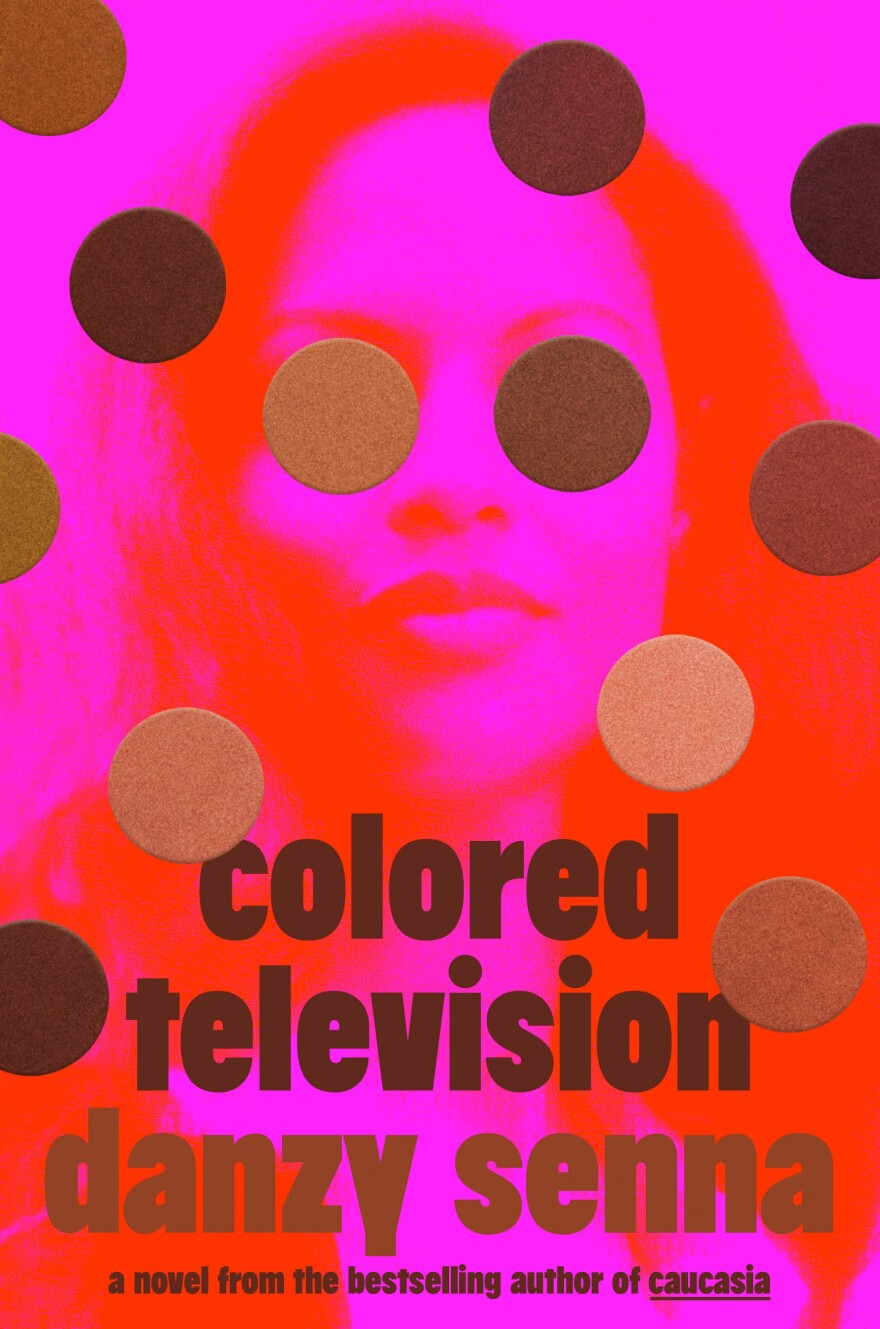One of many funny moments in Danzy Senna’s Colored Television comes early in the novel, when our protagonist, Jane, a non-tenured English professor, reflects on the frustrations of teaching millennial and Gen Z college students:

“She had in recent years begun to assign only minimalist autofiction by queer POC authors to her undergraduates,” Senna writes, “and she had to admit it was a better classroom experience for all.”
Senna’s dark comedy goes on to explore issues of parenting, art, Hollywood, real estate and the racial-identity industrial complex. There’s really not a single aspect of modern life that escapes the author’s critical eye or searing wit.
The story follows Jane and her artist husband, Lenny, who, along with their two kids, are borrowing a grad-school friend’s luxurious home in the hills above Los Angeles. Jane is on sabbatical from her teaching gig and trying to finish her latest novel, which her husband not-so-jokingly calls her “mulatto War and Peace.” She hopes she can finally make it big and buy a house in a diverse neighborhood she calls “multicultural Mayberry,” but things don’t quite work out as planned.
Looking for a Plan B, Jane calls a Hollywood agent and pitches an idea for a television show she says will be “the Jackie Robinson of biracial comedies … Imitation of Life meets Everybody Loves Raymond.” But her husband wants her to stay true to her higher literary calling. And since Senna is married to novelist Percival Everett in real life, we can only wonder at the kind of dinner-table conversations these two might have.
Colored Television is a brilliant modern satire that’s equal parts hilarious and cringe-worthy.



